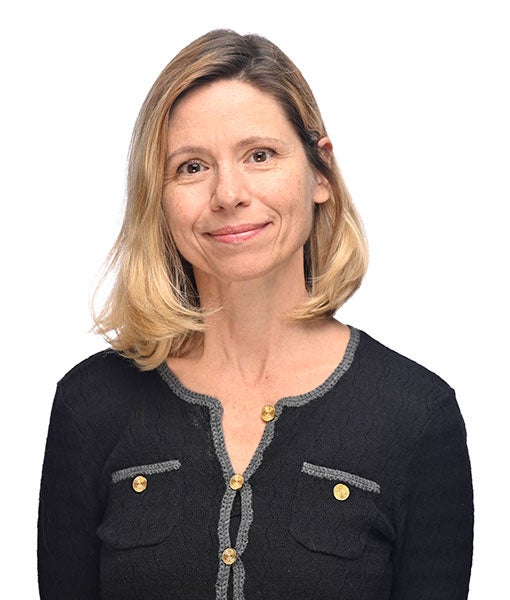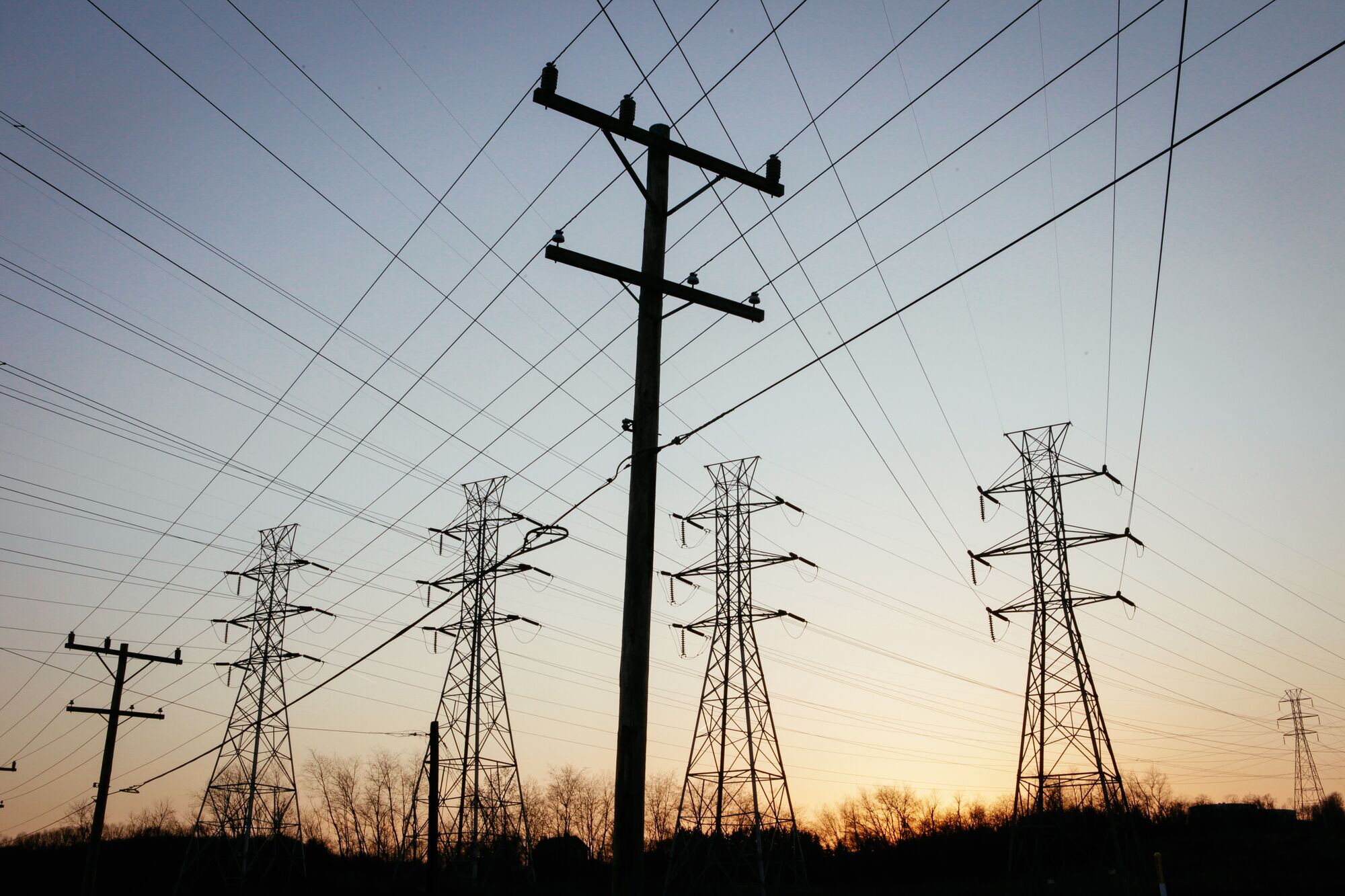
Media Inquiries
Kathryn McGrath
Public Affairs and Communications Strategist
(202) 516-6932
kmcgrath@earthjustice.org
Bar Admissions
D.C., NY, VA, MD (inactive)
Danielle Fidler is a senior attorney with the Clean Energy Program, which uses litigation and advocacy to speed the just transition to a clean energy economy. She is a member of the Program’s FERC Practice which focuses on reforming the nation’s electric system to ensure a level playing field for clean energy resources and unburdening frontline communities from the ongoing harms of fossil fuel power plants. Her portfolio includes transmission planning, capacity markets, and resource adequacy issues primarily at the federal level and in the Northeast and Mid-Atlantic regions.
Before coming to Earthjustice, Danielle previously served as an assistant attorney general with the New York Attorney General’s Office and a senior enforcement attorney with the U.S. Environmental Protection Agency, where she specialized in complex enforcement cases. Danielle was a member of the U.S. Department of Justice’s Deepwater Horizon Oil Spill trial team, and also served as a Brookings Fellow to the Senate Finance Committee.
Danielle has a B.A. from Bryn Mawr College and a law and master’s degree from George Washington University.
